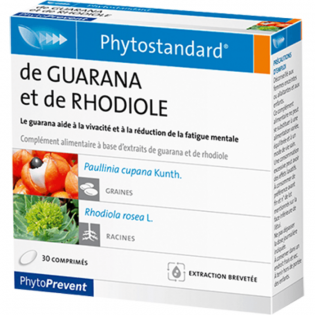Ethyl Esters Of Omega 3 acids Eg Labo 1g soft capsules is a hypolipidemic drug. It is used to treat essential hypertriglyceridemia or mixed hyperlipidemia. The fatty acids in this medication lower triglyceride levels and reduce the ability of blood to clot.
This pharmaceutical product is presented in the form of a soft capsule, composed of :
- elcosapentanoic acid (EPA) 460 mg
- docohexaenoic acid (DHA) 380 mg
The other components of the softgel are alpha tocopherol and soybean oil. The shell contains gelatin, glycerol, water, medium chain triglycerides and sunflower lecithin.
Directions for use Omega 3 ethyl esters of acids 1g 28 softgels
The recommended dose for this medication is 2 capsules per day, to be swallowed with a large glass of water. It is advisable to take them with meals to reduce the risk of digestive disorders. The doctor can double the dose if the capsule does not act sufficiently. It is also up to the doctor to determine the duration of the treatment.
While taking it, ask the doctor or a nutritionist for advice on the diet to follow.
Precautions for use Omega 3 ethyl esters of acids 1g EG Labo Conseil 28 soft capsules
A moderate increase in bleeding time can be observed with the intake of 4 capsules per day. A medical monitoring is essential in case of treatment with anticoagulants. Caution should be exercised when using this medication by subjects with a high risk of bleeding following severe trauma or surgery. The same applies to people with allergies to fish, soybean oil or peanuts.
In the absence of relevant clinical data, this medication is not recommended for children, people over 70 years of age and people with renal insufficiency. Regular monitoring of liver function by transaminase assay is required after high doses.
Contraindication
This medication should not be used in case of allergy or hypersensitivity to one or more components. A prior medical advice is necessary for pregnant or breastfeeding women.
Undesirable effects Omega 3 ethyl esters of acids 1g EG Labo Conseil 28 soft capsules
Undesirable effects can occur even if they are not generalized in all the patients. These include digestive disorders such as abdominal distension, abdominal pain, constipation, diarrhea and dyspepsia. Some people may experience heartburn, nausea and vomiting.
Less common are high blood sugar, gout, dizziness, loss or change of taste, headache, low blood pressure, and blood in the stool.
In rare cases, allergic reactions (itchy rash) and liver problems may occur.

 Français
Français English
English






















